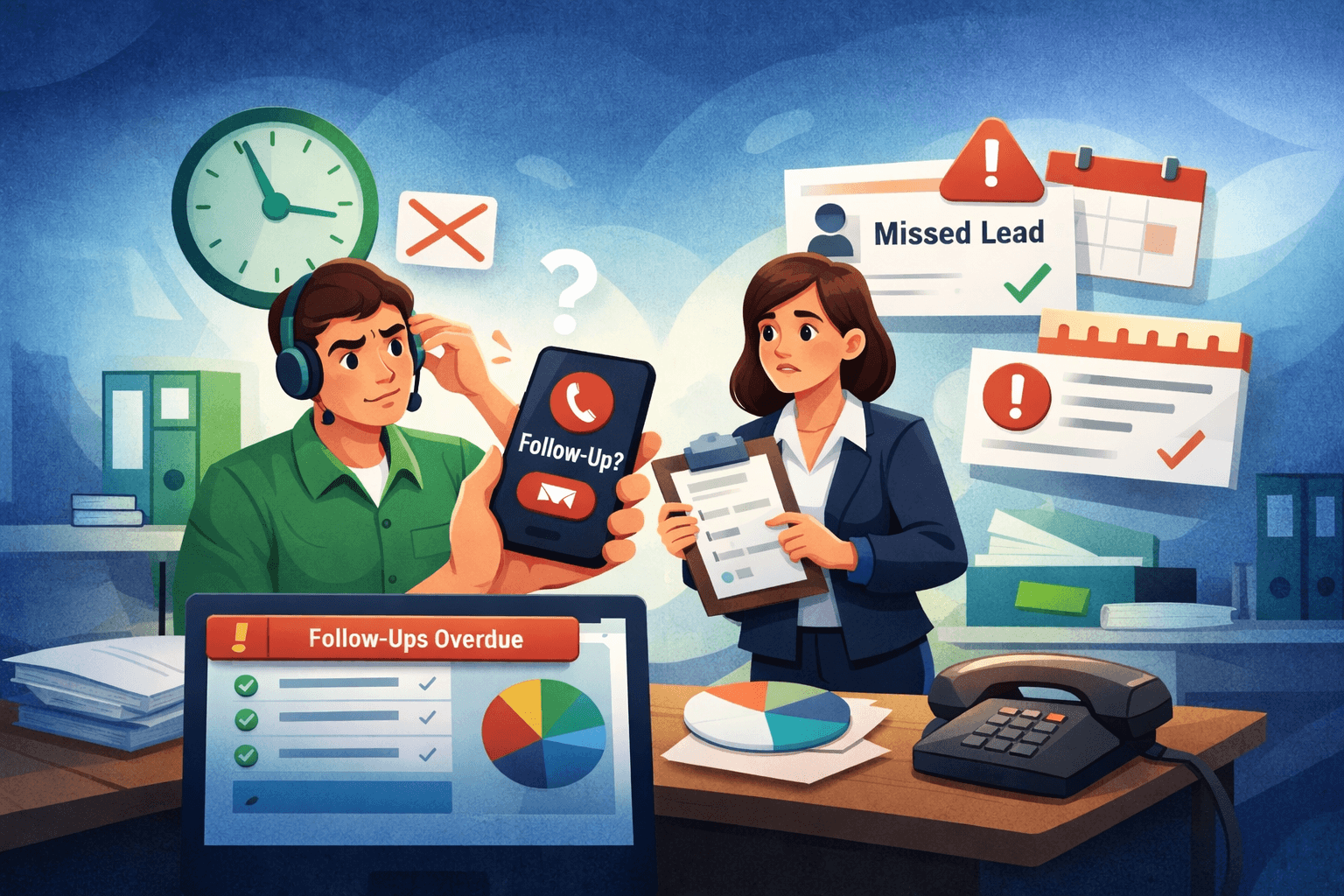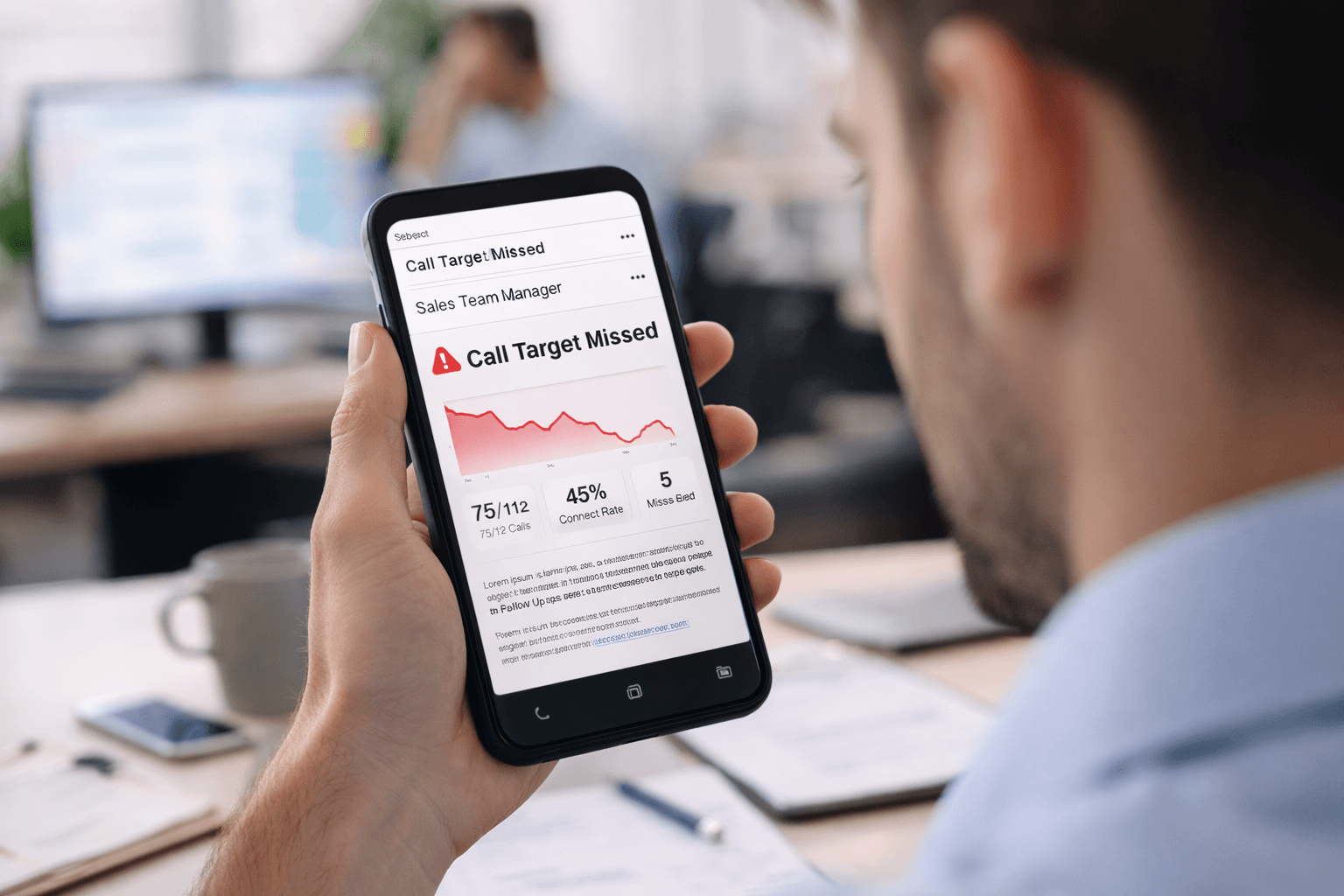
Predictive dialing is a technology used in call centers to automate the process of dialing telephone numbers.
The system uses algorithms to determine the best time to dial a number based on factors such as the availability of agents, the likelihood of a call being answered, and call volumes. When a call is answered, the predictive dialing system connects the call to an available agent.
The goal of predictive dialing is to increase the number of connected calls and maximize the productivity of agents by reducing the time they spend waiting for calls to be answered. Predictive dialing also helps to minimize the risk of abandoned calls, which can negatively impact the customer experience.
Predictive dialing is typically used in high-volume call centers, where the focus is on handling large numbers of calls efficiently and effectively.
The benefits of using predictive dialing include:
- Increased Agent Productivity: Predictive dialing maximizes the number of connected calls, reducing the time agents spend waiting for calls to be answered. This increased efficiency leads to higher agent productivity and reduced labor costs.
- Improved Customer Experience: Predictive dialing helps to minimize the risk of abandoned calls, which can negatively impact the customer experience. By reducing the wait time for customers, predictive dialing can also improve customer satisfaction.
- Increased Call Volume: Predictive dialing can increase the volume of calls handled by a call center, helping to meet customer demand and improve business performance.
- Better Call Routing: Predictive dialing can prioritize calls based on factors such as the availability of agents, the likelihood of a call being answered, and call volumes. This helps to ensure that calls are connected to the most appropriate agent, improving call routing and call handling.
- Detailed Call Metrics: Predictive dialing systems typically provide detailed call metrics, including call volumes, wait times, and abandoned call rates. This data can be used to optimize call center operations and improve performance.
Predictive dialing is subject to regulations in many countries, designed to protect consumers from unwanted telemarketing calls.
Some of the regulations that may apply to predictive dialing include:
- Telephone Consumer Protection Act (TCPA) in the United States: The TCPA regulates the use of automated dialing systems and prerecorded messages, requiring telemarketers to obtain prior express consent from consumers before making calls.
- National Do Not Call Registry in the United States: Telemarketers are required to check the National Do Not Call Registry before making calls, and to maintain their own internal do not call lists.
- Privacy and Electronic Communications Regulations (PECR) in the United Kingdom: PECR regulates the use of automated dialing systems and requires telemarketers to obtain prior consent from consumers before making calls.
- Australian Spam Act: The Australian Spam Act regulates the use of automated dialing systems and requires telemarketers to obtain prior consent from consumers before making calls.
- GDPR in the European Union: The General Data Protection Regulation (GDPR) regulates the processing of personal data, including the use of predictive dialing systems. Telemarketers must obtain consent from consumers and comply with data protection laws.
Regulations in India
In India, the use of predictive dialing is regulated by the Telecom Regulatory Authority of India (TRAI).
TRAI has established guidelines for telemarketing and unsolicited commercial communication (UCC) to protect consumers from unwanted telemarketing calls.
According to these guidelines, telemarketers are required to register with the National Do Not Call Registry, which allows consumers to opt out of receiving telemarketing calls.
Telemarketers must also comply with the following regulations:
- Obtain prior consent from consumers before making calls: Telemarketers must obtain explicit consent from consumers before making telemarketing calls.
- Time restrictions: Telemarketing calls are only permitted between 9:00 am and 9:00 pm.
- Identification of the caller: Telemarketers must clearly identify themselves and the purpose of the call.
- Complaints and reporting: Telemarketers must have a complaint and reporting mechanism in place to handle consumer complaints.
- Recording of calls: Telemarketers must maintain a record of all telemarketing calls for a minimum of 90 days.
Non-compliance with these regulations can result in significant fines and negative publicity for the organization.
A call center software with predictive dialing can help businesses in the following ways:
- Increased Agent Productivity: Predictive dialing helps to maximize the number of connected calls, reducing the time agents spend waiting for calls to be answered. This increased efficiency leads to higher agent productivity and reduced labor costs.
- Improved Customer Experience: Predictive dialing helps to minimize the risk of abandoned calls, which can negatively impact the customer experience. By reducing the wait time for customers, predictive dialing can also improve customer satisfaction.
- Increased Call Volume: Predictive dialing can increase the volume of calls handled by a call center, helping to meet customer demand and improve business performance.
- Better Call Routing: Predictive dialing can prioritize calls based on factors such as the availability of agents, the likelihood of a call being answered, and call volumes. This helps to ensure that calls are connected to the most appropriate agent, improving call routing and call handling.
- Detailed Call Metrics: Predictive dialing systems typically provide detailed call metrics, including call volumes, wait times, and abandoned call rates. This data can be used to optimize call center operations and improve performance.
- Cost-Effective: Predictive dialing systems can help reduce labor costs by maximizing the number of connected calls, reducing wait times, and optimizing call routing.
- Scalability: Predictive dialing systems can be easily scaled to accommodate fluctuations in call volume, making them an ideal solution for businesses that experience seasonal spikes in call volume.
A call center software with predictive dialing can help businesses to improve efficiency, increase call volume, and improve customer experience, while also reducing costs.
Here are a few virtual call center software solutions that offer predictive dialing:
- Five9 – a cloud-based call center software that includes a predictive dialer, as well as other call center features such as IVR, call routing and reporting.
- Genesys PureCloud – a cloud-based call center software that offers a predictive dialer, as well as other features such as IVR, call routing, and call analytics.
- NewVoiceMedia – a cloud-based call center software that includes a predictive dialer, as well as other features such as IVR, call routing, and call reporting.
- Talkdesk – a cloud-based call center software that offers a predictive dialer, as well as other features such as IVR, call routing, and call reporting.
Limitations of Predictive Dialing technology:
Predictive dialing technology can be highly effective in increasing the efficiency and productivity of call center operations, however, it is not without its challenges and limitations. Here are some of the problems associated with predictive dialing:
- Regulatory Compliance: Predictive dialing can be considered intrusive and disruptive if not used in compliance with local regulations. In many countries, there are laws governing the use of automated dialing, and non-compliance can result in fines and penalties.
- Abandoned Calls: While predictive dialing is designed to minimize the risk of abandoned calls, it can still happen. Abandoned calls can be frustrating for customers and have a negative impact on the customer experience.
- False Positives: Predictive dialing algorithms are based on statistical models and can sometimes misidentify answering machines, fax machines, or busy signals as human answers, leading to false positive rates.
- Increased Call Volume: Predictive dialing can increase the volume of calls handled by a call center, which can put pressure on the network and infrastructure. This can result in network congestion and decreased call quality.
- Technical Difficulties: Predictive dialing systems rely on complex algorithms and technology, and technical difficulties can arise, such as software bugs, hardware issues, and system failures.
- Data Privacy Concerns: Predictive dialing systems collect and store large amounts of customer data, and there are privacy concerns associated with the collection, storage, and use of this data.
While predictive dialing can be an effective tool for increasing efficiency and productivity in call centers, it is important to be aware of the potential challenges and limitations associated with the technology.
The best Alternative:
GoDial is a cloud-based call center solution that provides an alternative to traditional predictive dialing.
Instead of relying on predictive algorithms to dial numbers, GoDial uses a smart call-blending approach that balances the volume of outbound calls with the number of available agents. This approach helps to minimize the risk of abandoned calls, reduce false positives, and improve call quality.
GoDial also provides a range of features and tools to support call center operations, including call routing, real-time reporting, call recording, and customer relationship management (CRM) integration.
The solution is designed to be user-friendly and easy to use, and it can be scaled up or down as needed to support the changing needs of a business.
GoDial’s smart call-blending approach offers several benefits over traditional predictive dialing, including:
- Improved Customer Experience: By balancing the volume of outbound calls with the number of available agents, GoDial helps to reduce abandoned calls and improve the customer experience.
- Increased Efficiency: GoDial’s smart call-blending approach can increase the efficiency of call center operations by reducing wait times and maximizing agent availability.
- Reduced Costs: By reducing the risk of abandoned calls and false positives, GoDial can help to reduce the costs associated with call center operations.
- Enhanced Reporting: GoDial provides real-time reporting and call metrics, which can be used to track and improve the performance of call center operations.
GoDial provides a flexible and effective alternative to traditional predictive dialing for businesses looking to improve the efficiency and productivity of their call center operations. The solution offers a range of features and tools to support call center operations, and its smart call-blending approach can help to improve the customer experience, increase efficiency, and reduce costs.











